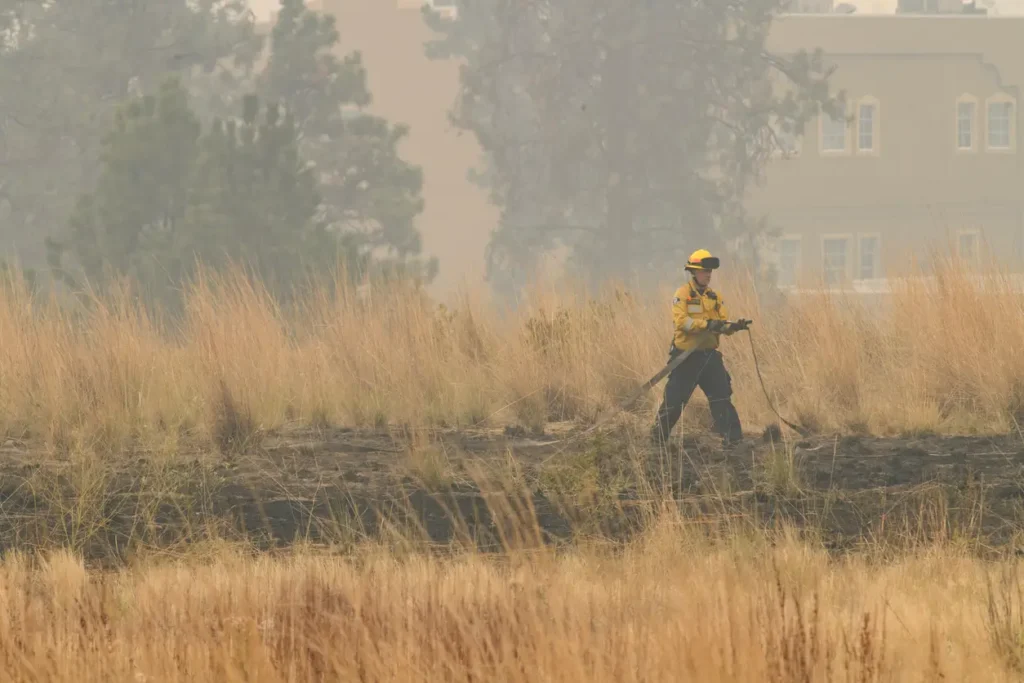
Photo by shootthebreeze / Getty Images
Preventing wildfires from starting and spreading means understanding the role humans play in them. A record-setting 2,293 wildfires burning 2,840,104 hectares (7,018,049.8 acres) devastated British Columbia in 2023, with an approximate cost of $1.09 billion. They also lead to significant smoke-related issues across North America.
According to Government of British Columbia data, lightning is responsible for approximately 60% of wildfires, and human activity is responsible for 40% of wildfires. While human activity isn’t the leading cause, it is by far the most controllable variable – and that means we can play a significant role in reducing wildfires. The government notes that human-caused wildfires, whether started by accident or intentionally, often begin with:
- Open burning
- Vehicle and engine use
- Industrial activity
- Fireworks, sky-lanterns, outdoor flame lighting
- Discarding burning items (like cigarettes)
- Arson

Photo by shootthebreeze / Getty Images
As a resident, there are several ways you can personally help reduce these incidents and ensure rapid response if and when necessary. These include:
- Report Wildfires! If you see smoke, flames, or an open fire violation, contact 1-800-663-555 or *5555 in British Columbia immediately. In other jurisdictions please contact any natural resource office to determine the best contact point.
- Review fire bans and restrictions. In British Columbia you can visit this website to see a list of active fire bans and restrictions. In other jurisdictions please visit government or regional websites for the best information.
- Be FireSmart. You can learn a lot about how to prevent forest fires, work with local, regional, and provincial government bodies, and more at the British Columbia FireSmart website. The Parks Canada wildfire prevention website is also helpful, particularly if you’re planning on visiting national parks.
- Plan ahead. By knowing what to do if and when a wildfire occurs you can keep yourself, your family, first responders, and your whole community safe. Click here to learn more about developing an emergency plan and emergency kit in case of wildfire.
The Fur-Bearers will continue to discuss and promote wildfire prevention, mitigation and recovery issues, particularly as they relate to wildlife, ecosystems, and public safety. Have we missed something important? Let us know at info@TheFurBearers.com!
